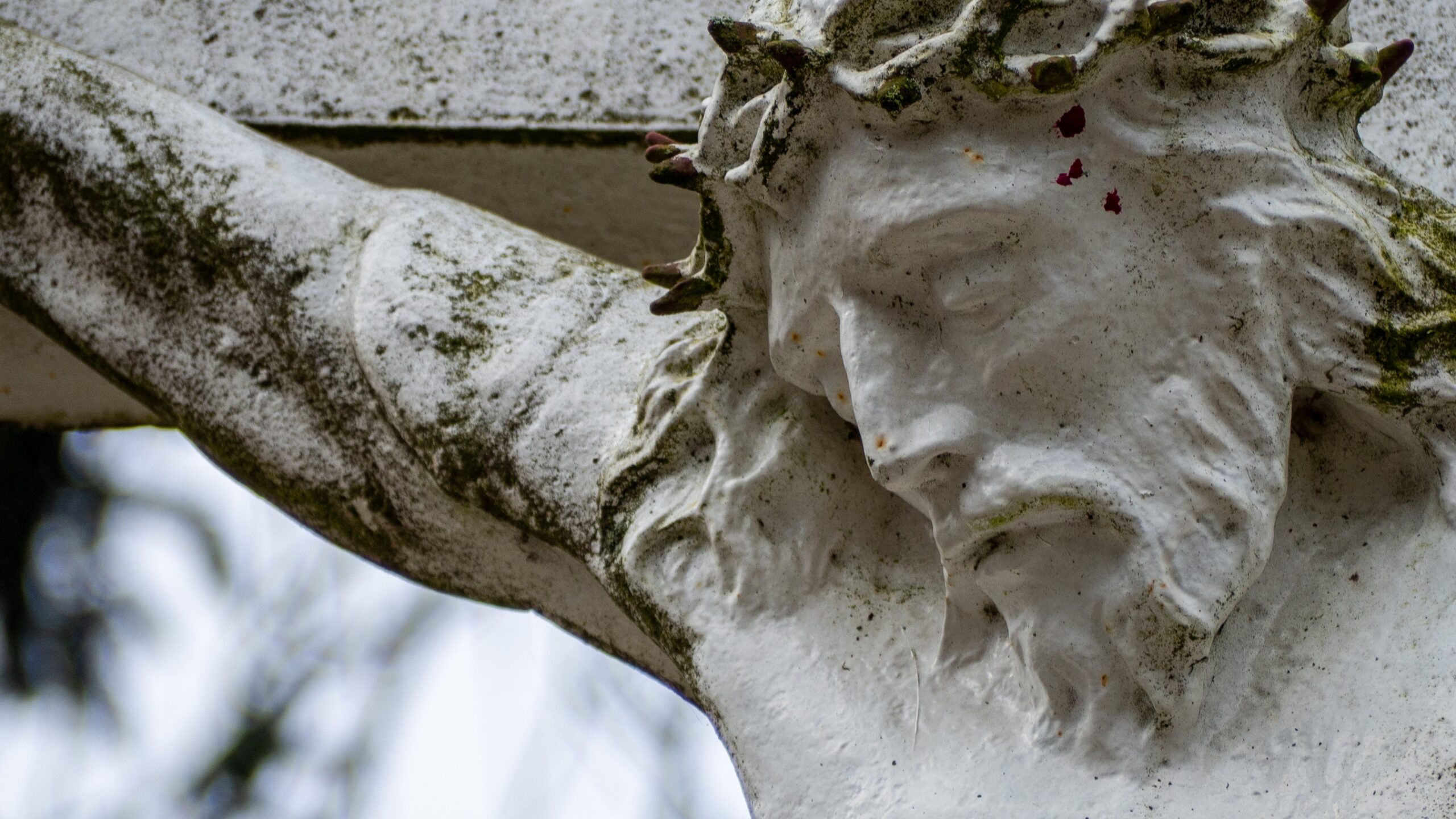

I find many people are turned off by Christianity because of the blood sacrifice at the cross. They see it as barbaric and nonsensical. This should not be surprising because the early church faced this as well. Paul tells us that “the word of the cross is foolishness to those who are perishing,” but for Christians being saved by the cross, “it is the power of God.” He then goes on to say that because of the power of the cross “we preach Christ crucified.” (I Corinthians 1:18, 23)
I recently read a story about Billy Graham and the power of the cross.
In 1955 Billy Graham was invited to speak at Cambridge University to the students in Great St Mary’s Hall for a week of evening meetings. When it came out to the public that he was going to be doing that, letters appeared in The Times of London very upset that this fundamentalist Baptist American preacher was going to come and speak to Britain’s best and brightest about a primitive kind of religion based on blood and atonement and hell.
Graham admits that this got to him. He smarted under the characterization of being an uneducated provincial. So the first three nights he was there, he quoted intellectuals and scholars and sought to speak in more of an academic mode-but he could sense that his message was falling flat. And so he got down on his knees, prayed, and determined to throw out his prepared notes and simply preach about the blood of Christ and the cross.
Dick Lucas, who for many years was rector of St Helen’s Bishopsgate Anglican church in London, recalled in a taped sermon what he saw that last night.
I’ll never forget that night. I was in a totally packed chancel, sitting on the floor at Great St Mary’s (Church] with the Regius Professor of Divinity sitting on one side of me and the chaplain of the college (who was a future bishop) on the other side of me. Both of these were good men, but completely against the idea that we needed salvation from sin by the blood of Christ. Dear Billy Graham got up that night and began at Genesis and went right through the whole Bible and talked about every single sacrifice in it.
The blood was flowing all over the great hall, everywhere, for three quarters of an hour. Both my neighbors were horribly embarrassed by this crude proclamation of the blood of Christ and also must have been sure that no bright, sophisticated, young British person was going to believe any of this stuff. But at the end of the sermon, to everyone’s shock, four hundred young men and women stayed to commit their lives to Christ. [There were only eight thousand students in the student body then.]
I remembered meeting a young pastor some years later, a Cambridge graduate, at Birmingham Cathedral. Over a cup of tea I said, “Where did Christian things begin for you?”
Oh, at Cambridge in fifty-five,” he said.
“When?”
“Billy Graham.”
“What night?”
“It was Wednesday night.”
“How did that happen?”
“Well,” he said, “all I remember is that I walked out of Great St Mary’s for the first time in my life thinking ‘Christ really died for me.'”
This man experienced the reality of God’s forgiveness for the first time and he was never the same.
I do not think the college faculty would have ever believed such a simple message about the cross and the blood of Christ forgiving sin could have changed the life of this young man, but it did, and it can for anyone who receives it.
Richard E Simmons III is the founder and Executive Director of The Center for Executive Leadership and a best-selling author.
Add grace and understanding to your day with words from Richard E. Simmons III in your inbox. Sign-up for weekly email with the latest blog post, podcast, and quote.

For local orders in the Birmingham, AL area, enter Promo Code LOCAL at checkout to save shipping. We will email you when your order is ready for pickup.
Bulk discounts for 25 or more books! Call 205-789-3471 for prices.